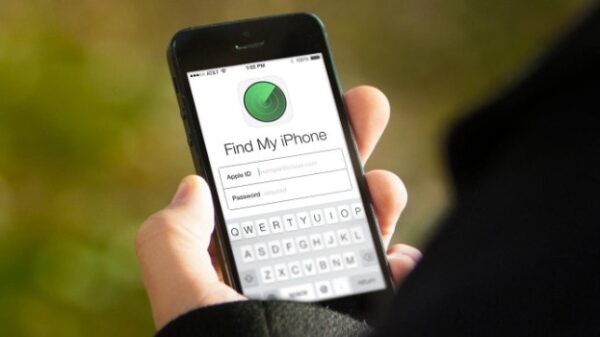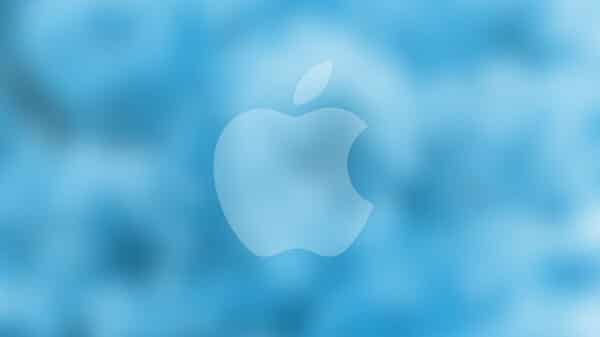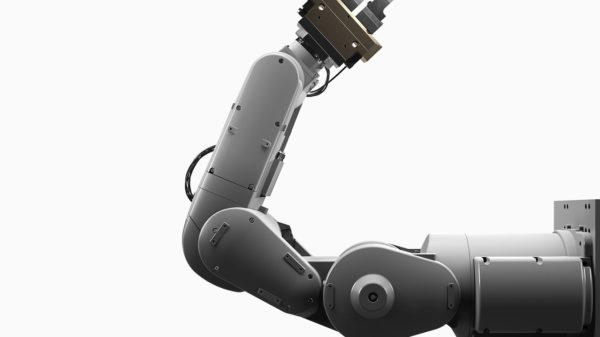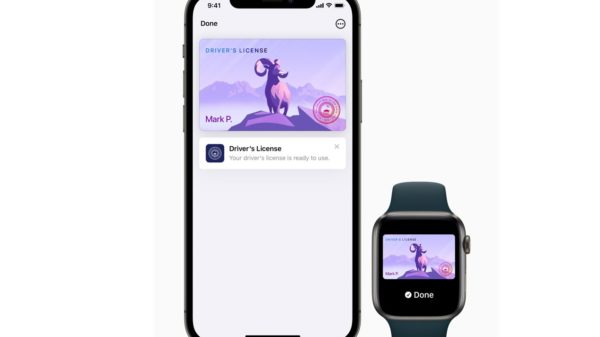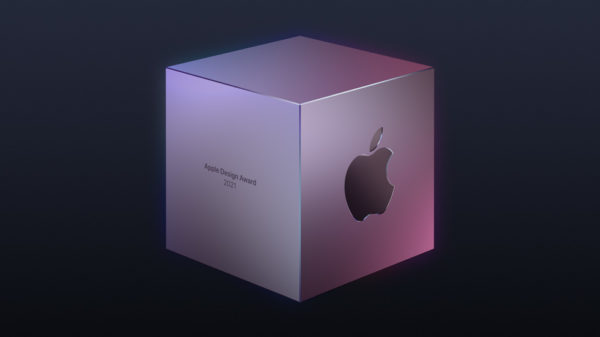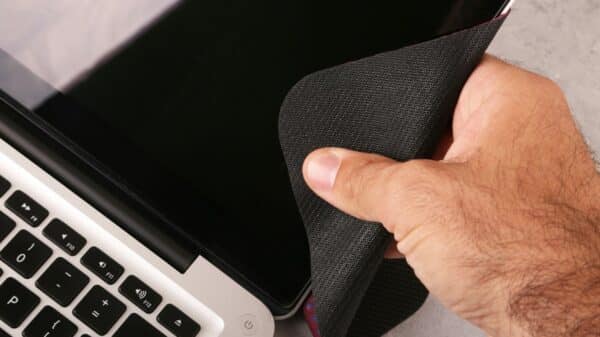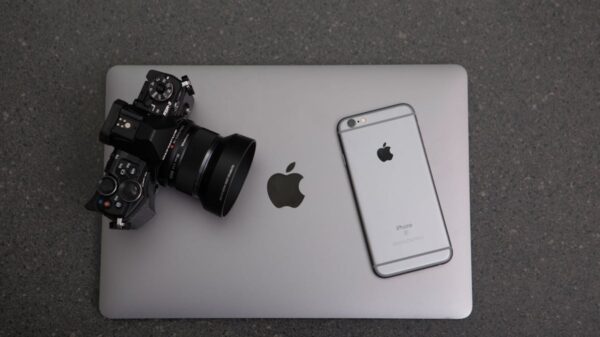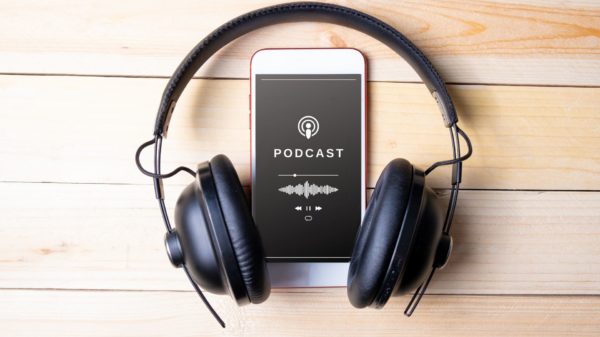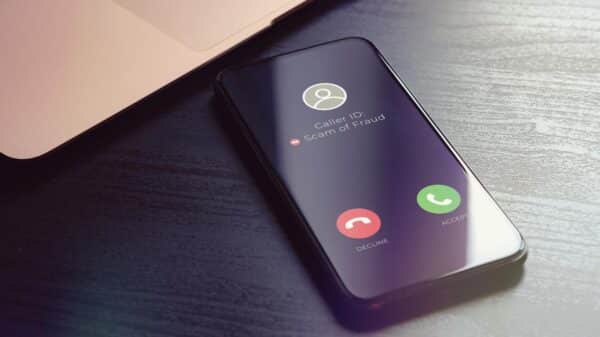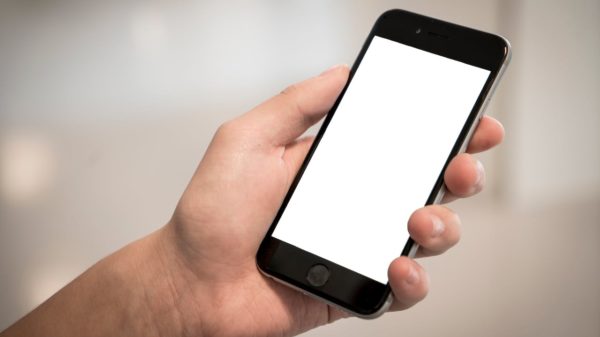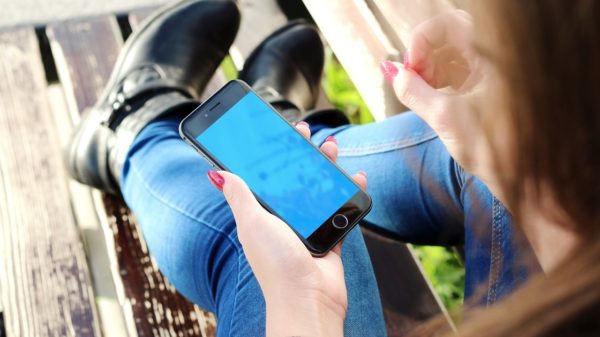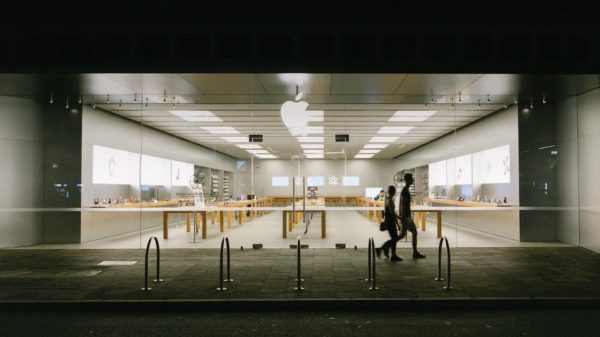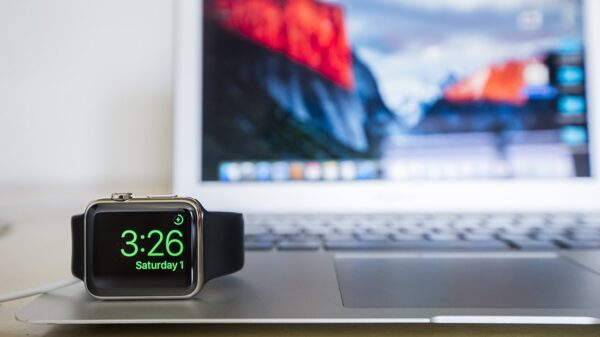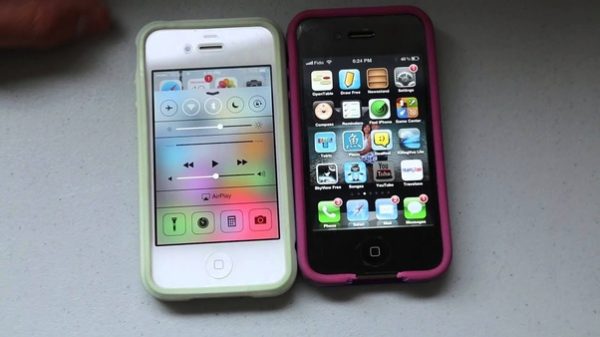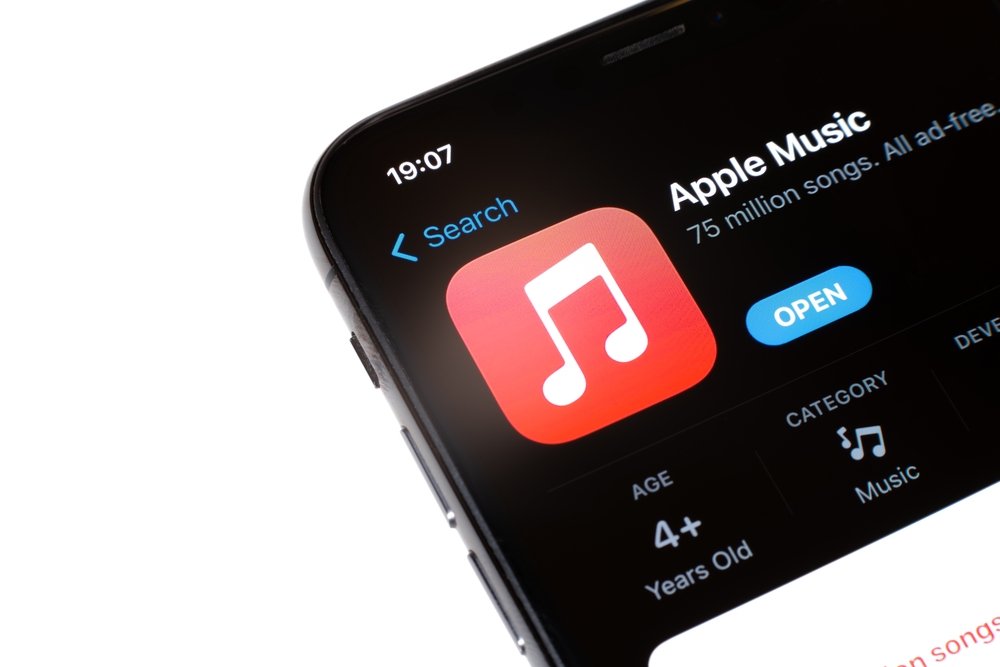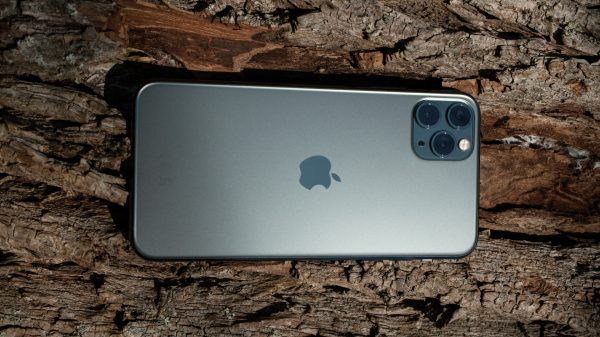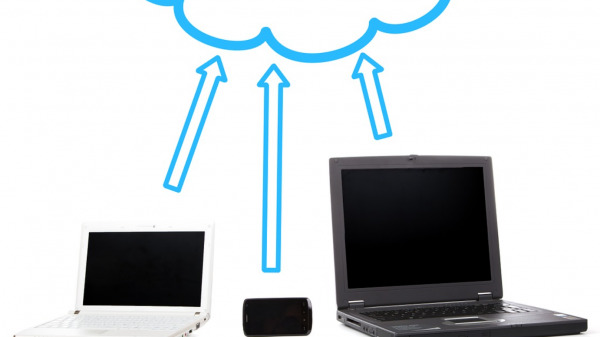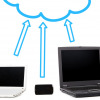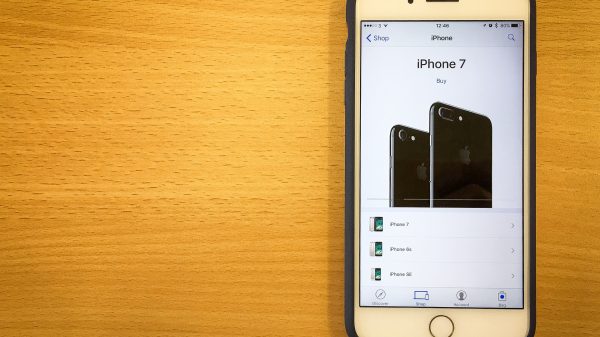Apple Music has been widely adopted by millions of users worldwide. Despite its popularity, some might have experienced a slowdown in the app’s performance, ultimately affecting their enjoyment of the streaming service. In this article, we compiled all the reasons to show you why is Apple Music so slow.
There are several factors contributing to this issue, and understanding them can help you optimize your experience with Apple Music.
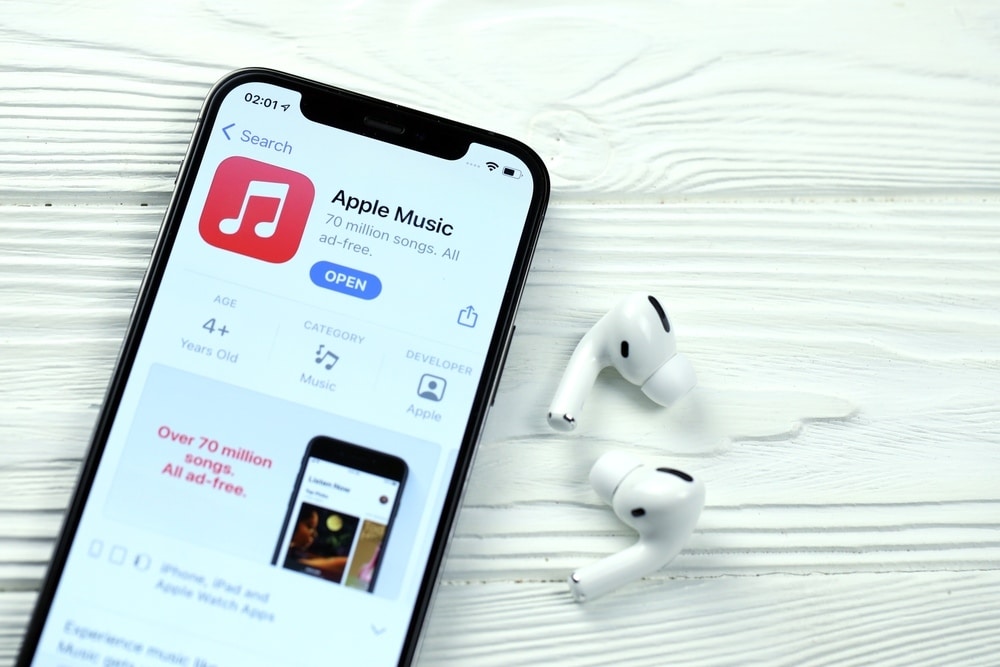
1. Network connectivity issues
One of the primary reasons why Apple Music may be slow is due to network connectivity issues. Streaming music requires a stable internet connection, and any disruptions or weak signals can lead to slow loading times for songs, album art, and playlists. This problem can be further amplified if you’re using the service on multiple devices simultaneously, as they all compete for bandwidth.
Tips for improving network connectivity:
- Ensure you have a strong Wi-Fi or cellular signal.
- Avoid streaming on multiple devices at the same time.
- Restart your router or modem if needed.
- Contact your service provider for assistance if you’re experiencing ongoing issues.
2. Limited storage space on devices
Another factor that can contribute to Apple Music’s sluggishness is limited storage space on your device. Insufficient storage can cause apps to run slow or lag, making it difficult to browse your library, load songs, or download new tracks. If your device is constantly running low on storage, you may need to take steps to free up some space.
Ways to increase storage space on your device:
- Delete unused apps and data.
- Offload or remove downloaded songs from Apple Music that you no longer listen to.
- Backup your photos and videos to cloud storage, then remove them from your device.
- Regularly clear your cache and browser history on your device.
3. Outdated software or app version
Running an outdated version of Apple Music or your device’s operating system can lead to slow performance. Developers are continually improving apps and features, fixing bugs, and enhancing overall performance. It is crucial to keep your software up-to-date for optimal functionality.
Steps to update your device and Apple Music:
- Check for available software updates on your device and install them.
- Ensure Apple Music is updated to the latest version by visiting the App Store and checking for updates.
- Turn on automatic updates for both your device and Apple Music to ensure you’re always running the most recent version.
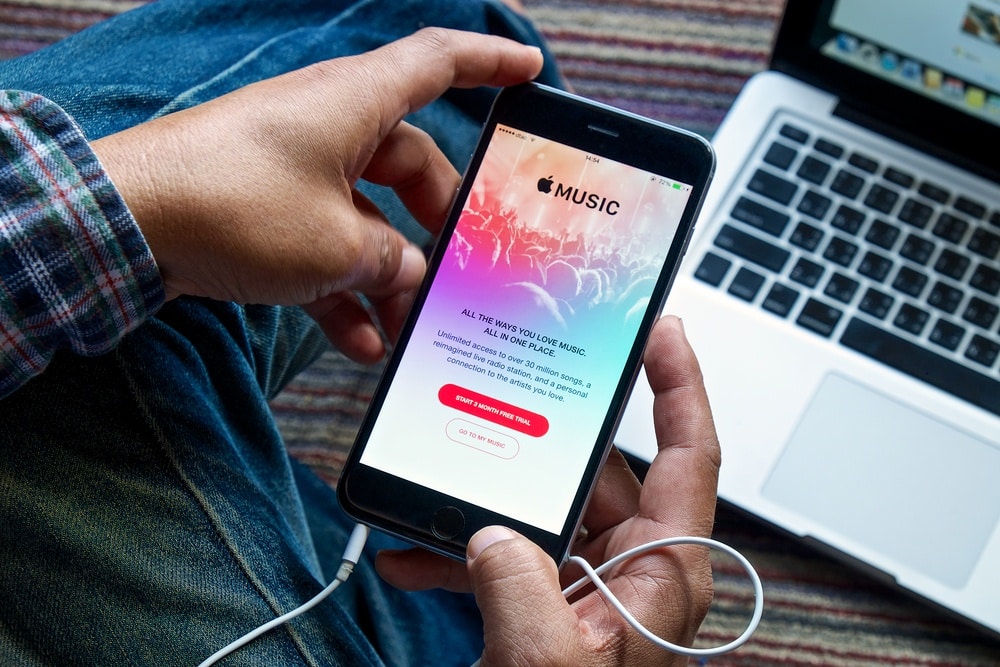
4. Background apps using resources
When multiple apps are running in the background, they may use up valuable system resources such as processing power and memory. This usage can result in a slower experience when using your primary app, like Apple Music. Closing unnecessary background apps can free up these resources, providing a smoother streaming experience.
How to close background apps:
- On iOS devices, double-tap the Home button or swipe up from the bottom of the screen, then swipe away apps you’re not currently using.
- On Android devices, tap the square or recent apps button (usually located on the bottom right), and swipe away any apps you don’t need open.
5. Apple Music’s cache slowing down your app
Like most apps, Apple Music stores temporary files known as cache to improve performance. However, over time, this cache can accumulate and cause the app to slow down. Clearing Apple Music’s cache can help speed up the app and provide a smoother experience.
How to clear Apple Music’s cache:
- On iOS devices, you need to uninstall and reinstall the Apple Music app to clear its cache. This process will not affect your library or downloaded songs.
- On Android devices, go to Settings > Apps > Apple Music > Storage and tap on “Clear Cache.”
6. Device limitations
Finally, it is essential to consider that older or lower-spec devices may not be able to provide the best possible experience with Apple Music. Over time, hardware becomes outdated, and newer app features may require more processing power and memory than your device can provide. If you’ve tried all the tips mentioned above and still encounter slow performance, it might be worth considering an upgrade to a newer device.
Why Is Apple Music So Slow: Summary
In conclusion, several factors could contribute to Apple Music’s slow performance. By addressing network connectivity issues, increasing storage space, updating software, closing background apps, and clearing cache, users can optimize their streaming experience. In some cases, a device upgrade may be necessary for the best possible performance with Apple Music.




